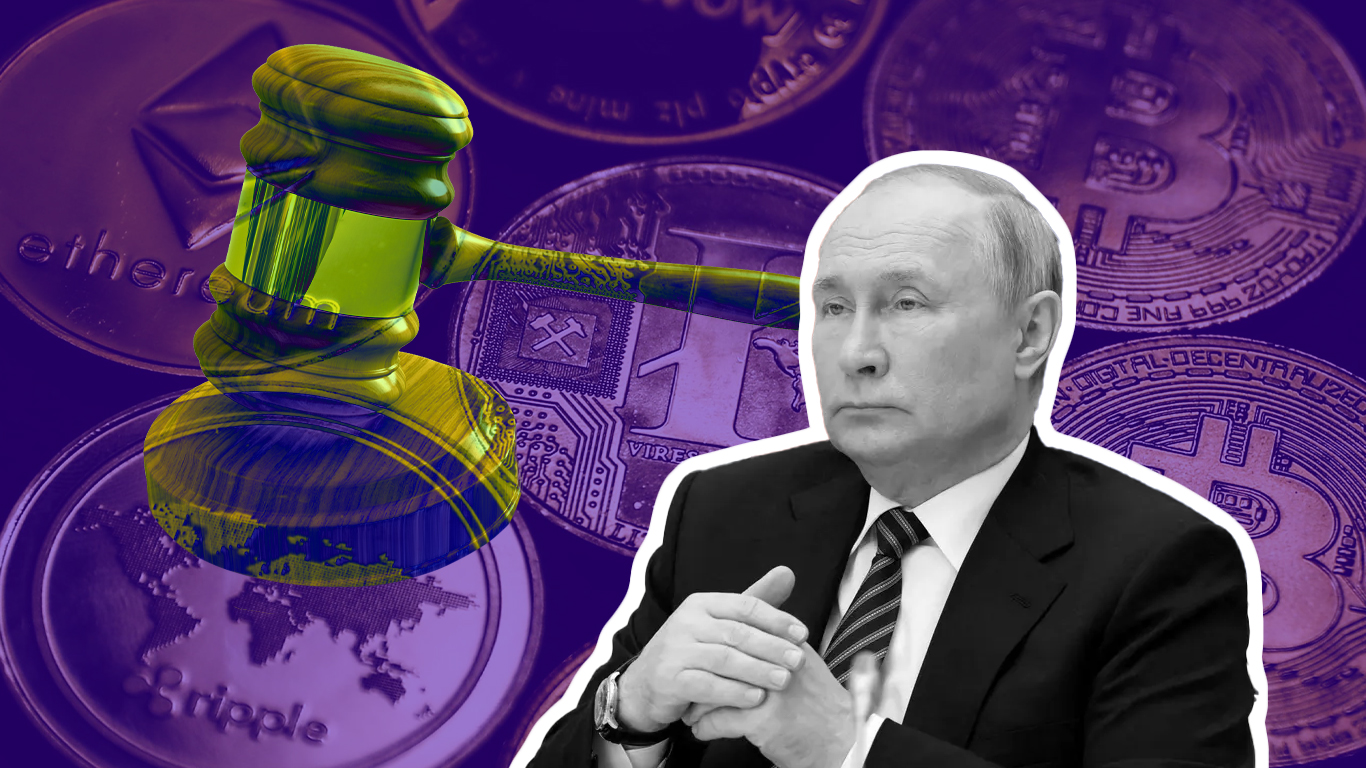On Friday, Russian President Vladimir Putin signed a bill that prohibits the use of digital utility rights (DPR) and digital financial assets (DFA) as a mode of payment in Russia, as reported by the Russian media outlet RBC.
The law will come into effect ten days post the notification in the government’s gazette.
In January, the Central Bank of Russia proposed an outright ban on cryptocurrencies for both payments and trading. Following the proposal, draft regulations in relation to crypto were submitted in February by the Finance Ministry to the government.
After long-running discussions, the now approved bill was first put forward to the State Duma – the lower house of the Russian Parliament – on June 7 by Anatoly Aksakov, the Chairman of the financial market committee.
Today’s law doesn’t go as far as putting a blanket ban on cryptocurrencies. It only forbids the use of crypto as a form of payment but allows investing and trading of cryptocurrencies such as Bitcoin and Ethereum.
The bill document published on the Russian parliament website as translated by Google Translate states:
“It is prohibited to transfer or accept digital financial assets as a consideration for transferred goods, performed works, rendered services, as well as in any other way that allows one to assume payment for goods (works, services) by a digital financial asset, except as otherwise provided by federal laws.”
Russia’s crypto policies have been in the spotlight since the war broke out in Ukraine. There have been rumours of Russia exploring ways to use alternate payment methods for foreign trade to avoid sanctions imposed by the west.
Yuri Chikhanchin, the head of Russian financial watchdog Rosfinmonitoring, had recently indicated the country’s desire to take advantage of crypto payments for international settlements.
He had said:
“If the supply chain is controlled, then this is quite acceptable.”
President Vladimir Putin is also a proponent of Russia’s participation in crypto mining. In January, he had articulated that there’s a “surplus of electricity and well-trained personnel available in the country,” which could act as a competitive advantage for Russia.








